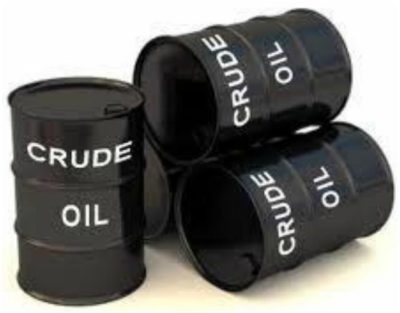European buyers began showing interest in Nigeria’s June programme, but new sales were slow to filter into the market due to a persistent overhang of Atlantic Basin cargoes.
Traders said there were some positive signs emerging, including a narrowing in the spread between Brent and U.S. WTI crude, which could enable arbitrage to the West.
Brent’s premium to Dubai was also narrowing, which could make Atlantic Basin exports to Asia more viable.
Other unusual buyers were also coming out to take advantage of the drop in premiums, including Canada’s Come-by-Chance refinery.
But with at least 14 million barrels of June-loading, Nigerian crude still seeking an outlet, traders said the focus would likely be Europe, where strong refinery margins are expected to spur strong run rates through the summer.
“Europe is the place for the WAF programme,” one trader said. “I expect it’s probably going to be the biggest month there.”
Meanwhile the Organisation of Petroleum Exporting Countries (OPEC) has said it has decided to maintain its maximum production limit at 30 million barrels of oil a day.
The decision was made at the cartel’s meeting in Vienna on Friday.
The cartel is sticking to its strategy of unconstrained oil production which seeks to fight for its market share and curb production from high-cost instead of boosting the oil price by cutting output.
OPEC refused to cut its output in the November meeting.
The cartel signaled it would not cut output alone without a coordinated production reduction with other None-OPEC oil producers.
Copyright Ships & Ports Ltd. Permission to use quotations from this article is granted subject to appropriate credit given to www.shipsandports.com.ng as the source.

